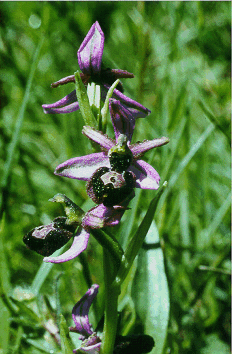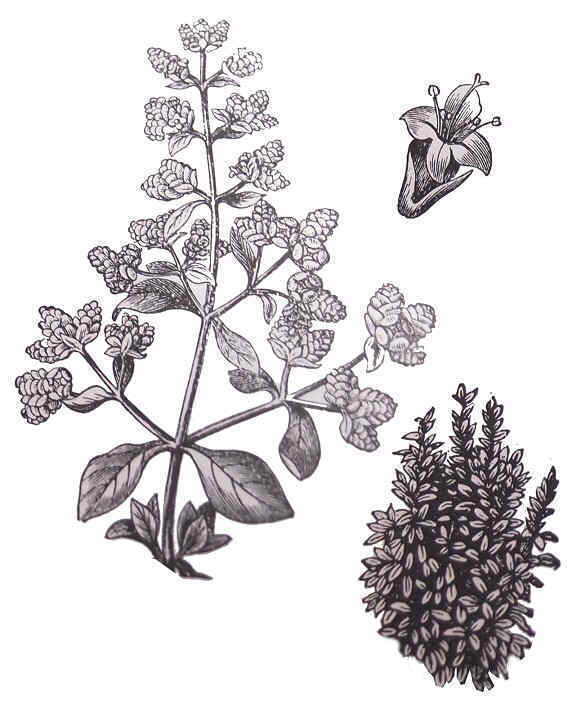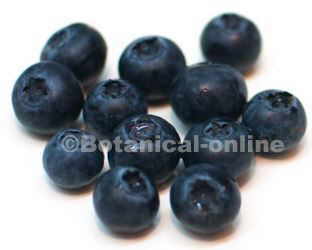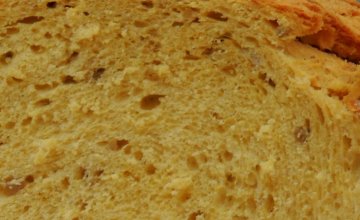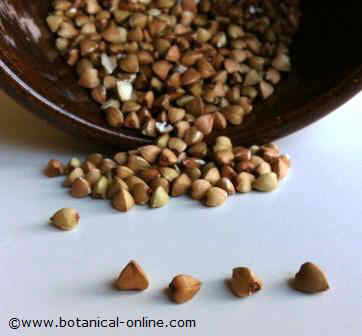Is it good to eat milk and cereals for dinner?
MILK AND CEREALS FOR DINNER, A BAD CHOICE FOR SLIMMING
Why milk with cereals is so appealing to us?
- The appetite for sweets usually responds to a diet low in carbohydrates. The main source of carbohydrates are bread and cereals.
- People who perform poor carbohydrate unbalanced diets may feel uncontrollable craving for milk, cereals and other sweet foods such as bread or chocolate.
- Eating few carbohydrates can cause problems of nervousness, in addition to slow metabolism which, in turn causes, yoyo effect.
- Grains provide many B vitamins, whose deficit is associated with insomnia and nervousness.
- Milk is rich in tryptophan, an amino acid precursor of serotonin, which helps to relax.
What do milk with cereals provide us? Calories, proteins, carbohydrates, fats and fiber from milk with cereals
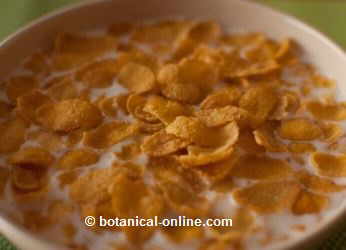
Photo of milk with cereal (cornflakes)without sugar added.
- Skim milk provides about 200 Kcal.
- It contains 35 g. carbohydrates, a fairly high amount for dinner, considering that we are going to rest and we will not burn this energy.
- If there is some resistance to insulin (menopause, obesity, diabetes), this high amount of carbohydrates can cause hyperglycemia which makes the excessive sugar to become fat rapidly.
- This combination does not provide enough protein for dinner.
- It contributes with very little fiber, which is so necessary to eliminate cholesterol, caring intestines and preventing constipation.
- Milk with cereals does not provide vitamin C, because there is no fruit included. One should remember to take vitamin C at each meal, as it remains only 5 hours in the body.
Nutritional composition of milk with cereals
| Food | Calories (Kcal) | Proteins (g.) | Carbohydrates (g.) | Fats (g.) |
| Skimmed milk (200 ml.) | 75,2 | 7,8 | 9,8 | 0,40 |
| Corn flake cereal (30 g.) | 112 | 2,4 | 24,6 | 0,24 |
| WHOLE AMOUNT | 187,2 | 10,2 | 34,4 | 0,64 |
*Related information: Milk and cereals versus a balanced dinner
![]() More information on milk and nutrition.
More information on milk and nutrition.
This article was endorsed by Elisenda Carballido - Dietitian nutritionist. Postgraduate in Phytotherapy and master in Nutrition and Metabolism.

